Jornades "Visions d'un Món Desigual. Salut i benestar (ODS-3)" (abril/maig 2021)
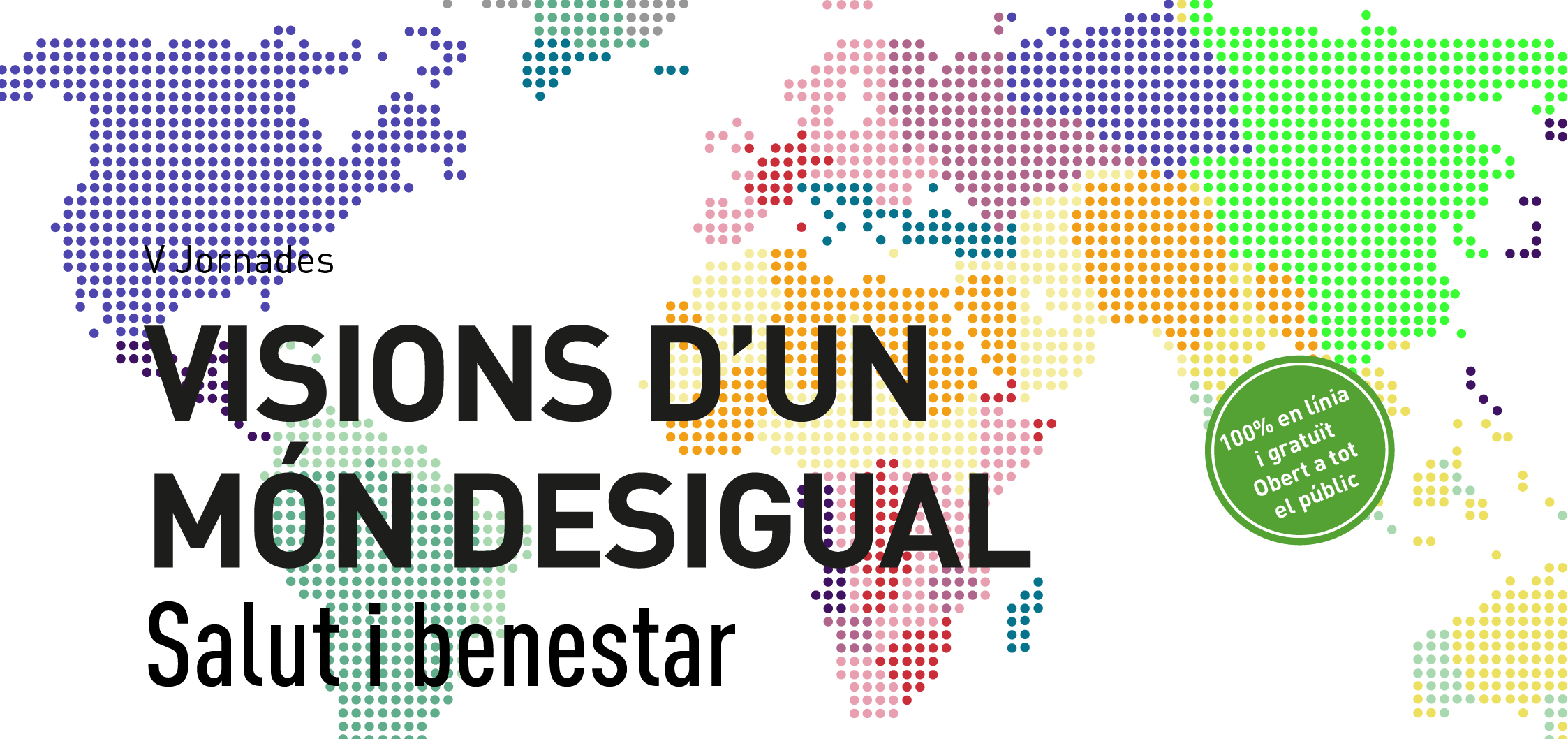
Introduction
The “Visions d'un Món Desigual” seminars aim to show the counterpoints between the places and people that inhabit the planet, from the perspective of the Sustainable Development Goals (SDGs). In this sense, each edition of this conference deals with one or more of the 17 goals that the UN has established for the 2030 horizon, with the help of different experts. The SDGs address global issues such as poverty, education, health, peace; topics that Visions d'un Món Desigual wants to deepen, without losing sight of the necessary transversely of all to build a more just and sustainable world.
This conference is organized jointly by the universities of Girona (UdG), Lleida (UdL), Tarragona (URV) and Pompeu Fabra (UPF).
YouTube channel of " Visions d'un Món Desigual ".
Objective
In this year' s edition of Visions of an Unequal World, we will address Goal 3 (Health and well-being), which aims to ensure healthy lives and promote well-being at all ages, as it is essential for sustainable development.
We have been working for some time now to increase life expectancy and reduce some of the common causes associated with infant and maternal mortality, to completely eradicate a wide range of diseases and to address a large number of ongoing and emerging health problems. In this sense, and for the last year, the world has been facing an unprecedented global health crisis, which is spreading human suffering, destabilizing the world economy and drastically changing the lives of thousands of people around the world.
The aim of this conference will be to learn in more detail what is being done, from the experience of our speakers and within their areas of expertise, to achieve the goals set by the United Nations and achieve the health and welfare of people.
Methodology
The conference will take place during the last week of April and the first week of May, and will be organized in four thematic blocks (two per week). Each block deals with an aspect of health and wellness and will be presented by its corresponding speaker. The conferences will be 100% online.
On Monday, April 26, the first virtual session will take place, where all participants will meet with the speaker via videoconference. During the first part of the session, the speaker will give a presentation, followed by a Q&A session and discussion
Schedule of the blocks
Recording of the virtual session, Monday, April 26.
Topic: "The Indirect COVID Impact on Global Health. An example: Tigray, Ethiopia".
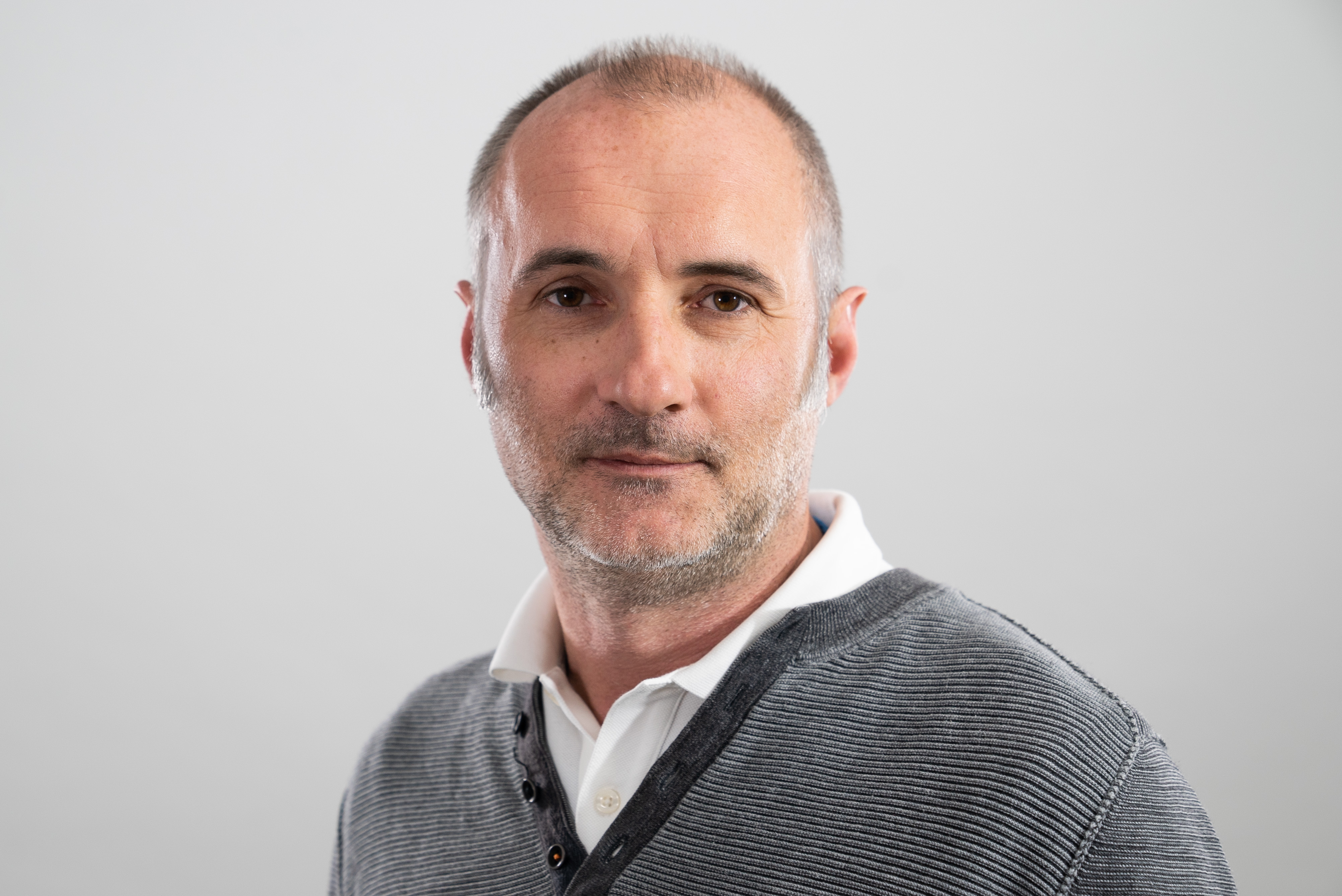 By David Noguera, graduated in Medicine and Surgery from the UAB and with a master's degree in Tropical Medicine and International Health from the UB. After an experience as a doctor in Girona, he made his first field intervention with Doctors Without Borders in 2001 in the Canary Islands, when he participated in an exploratory mission to care for the immigrant population. Since then his work with MSF has taken him to Somalia, Ivory Coast, Democratic Republic of Congo, Sudan, Angola, Zambia, India, Timor, Guinea Bissau, Tunisia, Libya, Ethiopia and South Sudan. He has been president of Médecins Sans Frontières Spain since October 2016.
By David Noguera, graduated in Medicine and Surgery from the UAB and with a master's degree in Tropical Medicine and International Health from the UB. After an experience as a doctor in Girona, he made his first field intervention with Doctors Without Borders in 2001 in the Canary Islands, when he participated in an exploratory mission to care for the immigrant population. Since then his work with MSF has taken him to Somalia, Ivory Coast, Democratic Republic of Congo, Sudan, Angola, Zambia, India, Timor, Guinea Bissau, Tunisia, Libya, Ethiopia and South Sudan. He has been president of Médecins Sans Frontières Spain since October 2016.
Recording of the virtual session, Wednesday, April 28th
Topic: "Resilience and healthy emotions. Living with adversity".
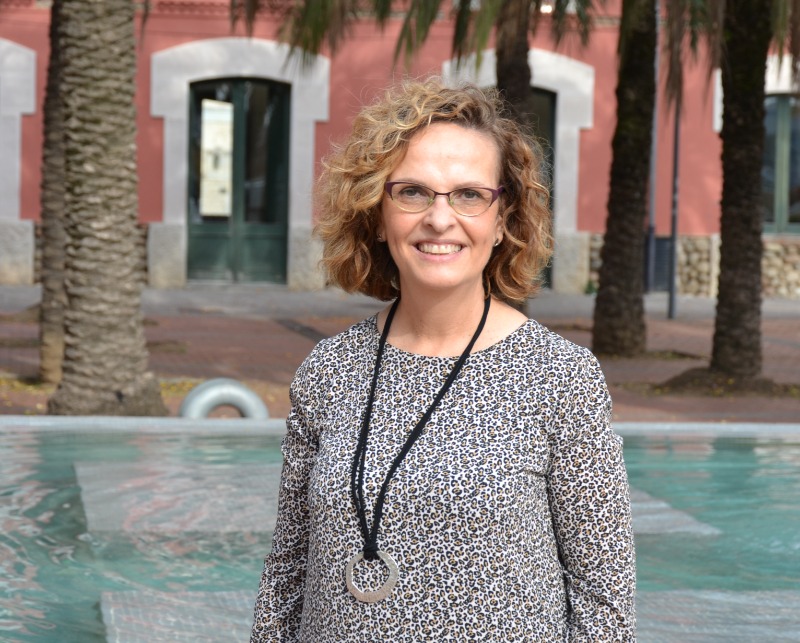 By Joana Frigolé, graduate in Psychology from the UAB, certified coach by the ICF (International Coach Federation) and lecturer. She has been trained at the European School of Coaching, in emotional patterns by the Alba Emoting TM method, in Transformational Coaching by the Institut Gestalt and in Relational Transformation by the Instituto Relacional. She imparts workshops, talks and conferences and has collaborated with various media, such as the Oficio de Viure of Catalunya Ràdio. She is the author of the book "Pon luz a tu vida. Genera emociones y conversaciones constructivas".
By Joana Frigolé, graduate in Psychology from the UAB, certified coach by the ICF (International Coach Federation) and lecturer. She has been trained at the European School of Coaching, in emotional patterns by the Alba Emoting TM method, in Transformational Coaching by the Institut Gestalt and in Relational Transformation by the Instituto Relacional. She imparts workshops, talks and conferences and has collaborated with various media, such as the Oficio de Viure of Catalunya Ràdio. She is the author of the book "Pon luz a tu vida. Genera emociones y conversaciones constructivas".
Recording of the virtual session, Wednesday, May 5th
Topic: "Gender and health".
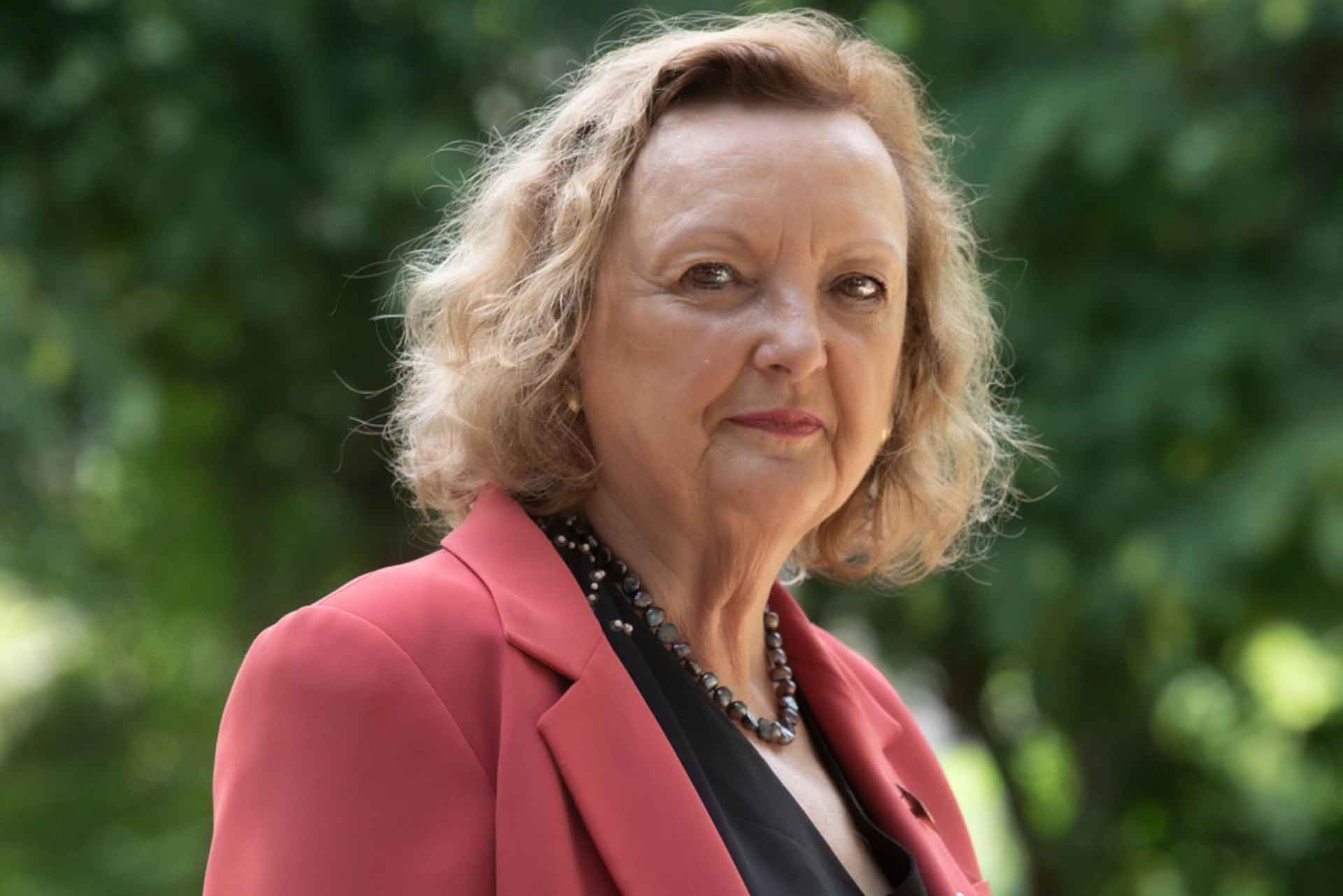 By Dr. Carme Valls Llobet, graduated in medicine and surgery from the UB, she is dedicated to clinical care, internal medicine and endocrinology. She has been a full professor at the Faculty of Medicine of the UB and has been a pioneer in Spain in proposing medical research on the differences in health between men and women. She directs the "Women, Health and Quality of Life" Program of the Center for Analysis and Health Programs (CAPS), an entity that aims to investigate and highlight gender differences in health, providing women with access to information and resources. She is part of the editorial board of the Journal Dones i Salut, a reference publication on the subject throughout the country. She has also been a member of the Catalan Parliament for the PSC and has directed the Catalunya Siglo XXI Foundation. She is currently a member of the faculty of the Official Master's Degree in Gender Studies and Management of Equality Policies at the UdL.
By Dr. Carme Valls Llobet, graduated in medicine and surgery from the UB, she is dedicated to clinical care, internal medicine and endocrinology. She has been a full professor at the Faculty of Medicine of the UB and has been a pioneer in Spain in proposing medical research on the differences in health between men and women. She directs the "Women, Health and Quality of Life" Program of the Center for Analysis and Health Programs (CAPS), an entity that aims to investigate and highlight gender differences in health, providing women with access to information and resources. She is part of the editorial board of the Journal Dones i Salut, a reference publication on the subject throughout the country. She has also been a member of the Catalan Parliament for the PSC and has directed the Catalunya Siglo XXI Foundation. She is currently a member of the faculty of the Official Master's Degree in Gender Studies and Management of Equality Policies at the UdL.
Recording of the session, Tuesday, May 18th
Topic: "Inequalities in health: a brake on prevention and response to global risks".
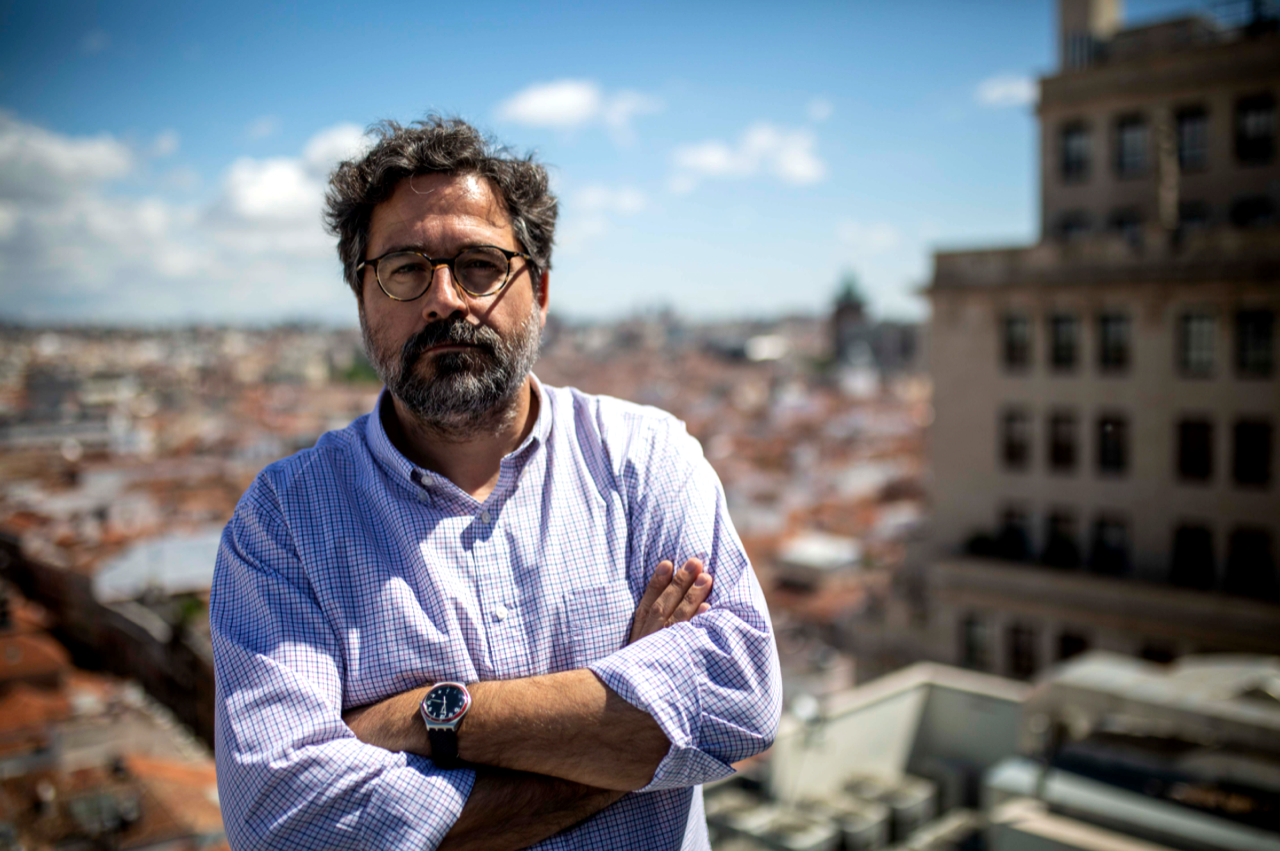 By Gonzalo Fanjul, researcher and anti-poverty activist. He currently directs the policy analysis area of ISGlobal and promotes the Fundación por Causa (journalism and research against poverty). He is a research associate for migration at the Overseas Development Institute (ODI) in London, as well as the Spanish think tank CIECODE and regularly writes for international agencies such as UNICEF. In December 2018 he joined the Ashoka network of social innovators as a fellow. He regularly collaborates with written and audio-visual media, and is author and co-editor of the El País newspaper blog "3,500 Millones" which received the FAO award in 2012.
By Gonzalo Fanjul, researcher and anti-poverty activist. He currently directs the policy analysis area of ISGlobal and promotes the Fundación por Causa (journalism and research against poverty). He is a research associate for migration at the Overseas Development Institute (ODI) in London, as well as the Spanish think tank CIECODE and regularly writes for international agencies such as UNICEF. In December 2018 he joined the Ashoka network of social innovators as a fellow. He regularly collaborates with written and audio-visual media, and is author and co-editor of the El País newspaper blog "3,500 Millones" which received the FAO award in 2012.
Who is the Conference addressed to?
The entire university community can register and it is also open to all audiences.
For UPF undergraduate students, this activity gives the right to the recognition of 1 ECTS credit.
Free registration
Registration closed
This activity is part of the Program of Social Engagement Activities (PACS) and you can get 1 ECTS credit if you register. Registration is free and will allow you not only to apply for credit recognition but also to participate in all the free activities that are programmed.
Requirements for credit recognition in this activity: register for the conference, attend and participate in the virtual sessions and write a review of each of the thematic blocks covered (minimum 500 words). The reviews will be sent by e-mail to [email protected].
